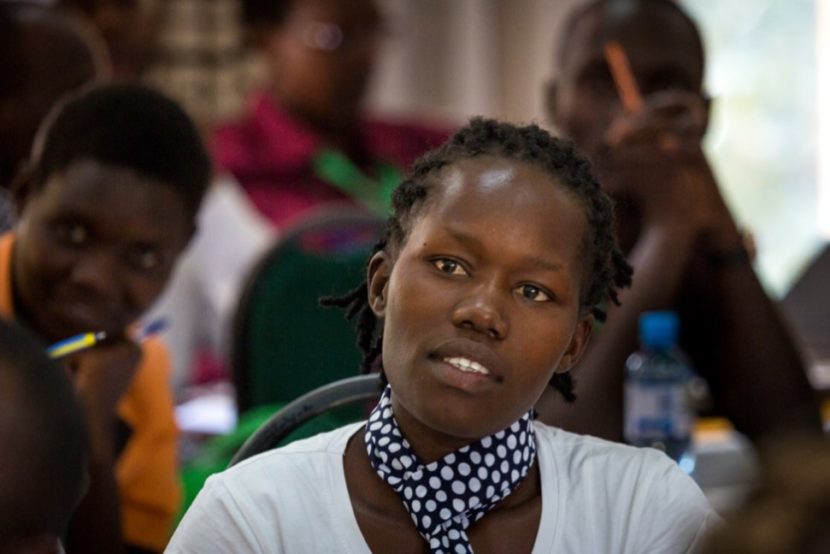African universities should move from research to brand relevance
In Summary
Excellence is vital. As African universities engage in both national and international collaborations, undertake ground-breaking research, build capacity and transfer knowledge, the need to link research excellence to their values and purpose is vital.
Higher education institutions remain at the forefront of knowledge production through research and teaching. They continue to lead in professional training for high-level jobs, as well as the education necessary for the sustainable development.
Research is key in ensuring universities stay relevant and connected to their stakeholders. Excellence in research continues to contribute to improved university rankings, relevance and promotes their visibility both online and offline.
Despite the huge volumes of research publications produced and disseminated, communicating research remains a big challenge for African universities.
Gaps between knowledge production, policy and application are evident. The challenge on how to make this knowledge accessible to society, engaging in communication and dialogue for impact remains a key role of African universities and somewhat challenging for them.
The changing communication landscape and the rise of the digital era challenges university communication persons to stay abreast with the new and innovative ways of reaching out to their stakeholders.
But this is no longer enough. African universities must now ensure that their research excellence consequently leads to brand excellence. They should also ensure that their identities, values and purposes are aligned to their commitments both at national and international level.
Building University brands for Relevance. Despite the increasing need for research excellence and its benefits, universities still need to stay connected to service their communities.
Institutions of higher learning are only as relevant as they are committed to addressing and creating solutions for society. Hence aligning their research with purpose ensures their relevance.
Universities are no longer merely responsible, but now also accountable, for contributions to society and environment. Brand relevance, which is enhanced through accountability and transparency, is not owned by the universities, but rather granted by their stakeholders.
The most important and recent shift is that brands can no longer, through the mass media, control what stakeholders think of them. The digital era gives stakeholders more power often in consumer-generated media, which can place the brand reputation, however robust, at risk.
As a result, universities are now encouraged to engage in dialogue to minimise their reputational risks.
The need for dialogue both online and offline is demanded more among the ‘millennials’ many of whom are enrolled at higher education institutions. This means that universities can no longer rely on their reputations of excellence alone. They are required to constantly reflect upon the values they represent, values they add, and their purposes.
As African universities engage in both national and international collaborations, undertake ground-breaking research, build capacity and transfer knowledge, the need to link research excellence to their values and purpose is vital.
Universities need to constantly reflect upon their brand relevance to better position themselves in the global landscape of higher education.
As David Brier (2019) says, “If you don’t give the market the story to talk about, they will define your brand’s story for you.”
Ms Apio is communication and marketing Consultant. Email j.apio@kavibe.com.




